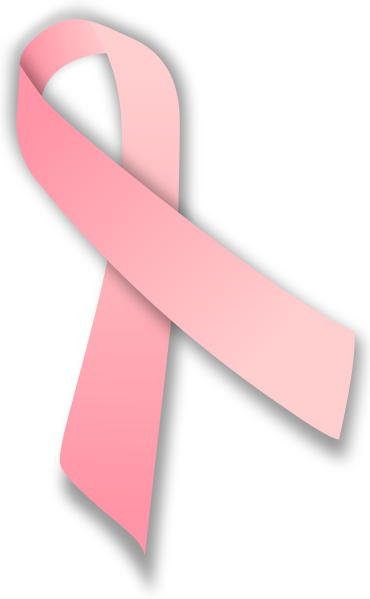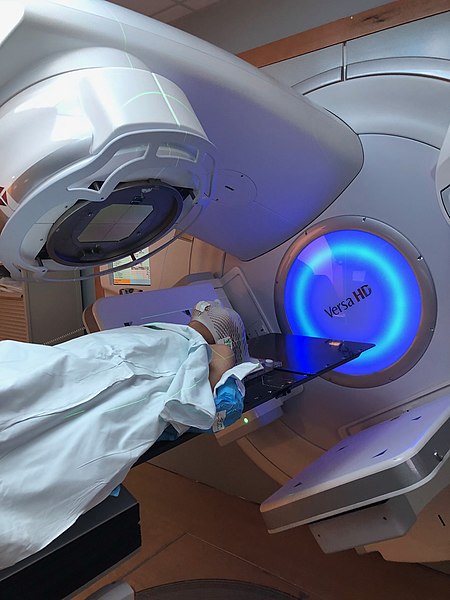English Across the Curriculum
Cancer
Cancer Treatment
There is no real cure for cancer. But if you go to the doctor early enough it may be treated successfully.
About a hundred years ago people who developed cancer were certain to die. Today, medicine has made so much progress that about half of all cancer patients can be treated successfully depending on the form of cancer.
Surgery
If a cancer is only in one place doctors can remove tumours by surgery. Antibiotics and blood transfusions make cancer surgery more successful than in past times.
In many cases a pathologist examines cancer cells during an operation and then decides how much tissue must be removed. Very often, healthy tissue around the tumour is also taken away in order to make sure all cancer cells are removed.
Radiation
The discovery of X-rays has led to a treatment called radiotherapy. When surgery is too dangerous or risky radiotherapy is a good alternative. In this form of treatment X-rays or gamma rays are beamed directly at the tumour. Cancer cells are killed off and do not multiply any more.
Chemotherapy
If a cancer has already spread to other parts of the body or has invaded other organs doctors use chemotherapy. Chemicals are injected into your body or you take them orally. They then travel throughout your body and kill off cancer cells wherever they find them. Often, a combination of drugs is used because some drugs reduce the size of cancer tumours only for a short time.
This form of treatment can be very risky because the chemicals may destroy healthy stem cells if they are too strong.
Recently , new forms of treatment have been discovered and tried out. Immunotherapy strengthens the immune system of the body by producing antibodies.
Gene therapy is a very new form of cancer treatment. New, healthy genes are inserted into the tumour to help fight the disease.
Whatever form of treatment is chosen some side effects always occur. Surgery, for example, may lead to the loss of an organ, like a woman’s breast that must be removed.
During radiotherapy or chemotherapy many cancer patients lose their hair, develop bad skin and become more tired. Other side effects include bleeding, infection, vomiting or diarrhea. Sometimes people who have been treated with cancer become infertile – they can't have children any more.
Researchers and scientists have been working hard to find a cure for cancer. Governments around the world have been spending a lot of money over the past decades to find better ways of fighting this disease.

The pink ribbon is a symbol to show support for breast cancer awareness
Image: MesserWoland, CC BY-SA 3.0,
via Wikimedia Commons
